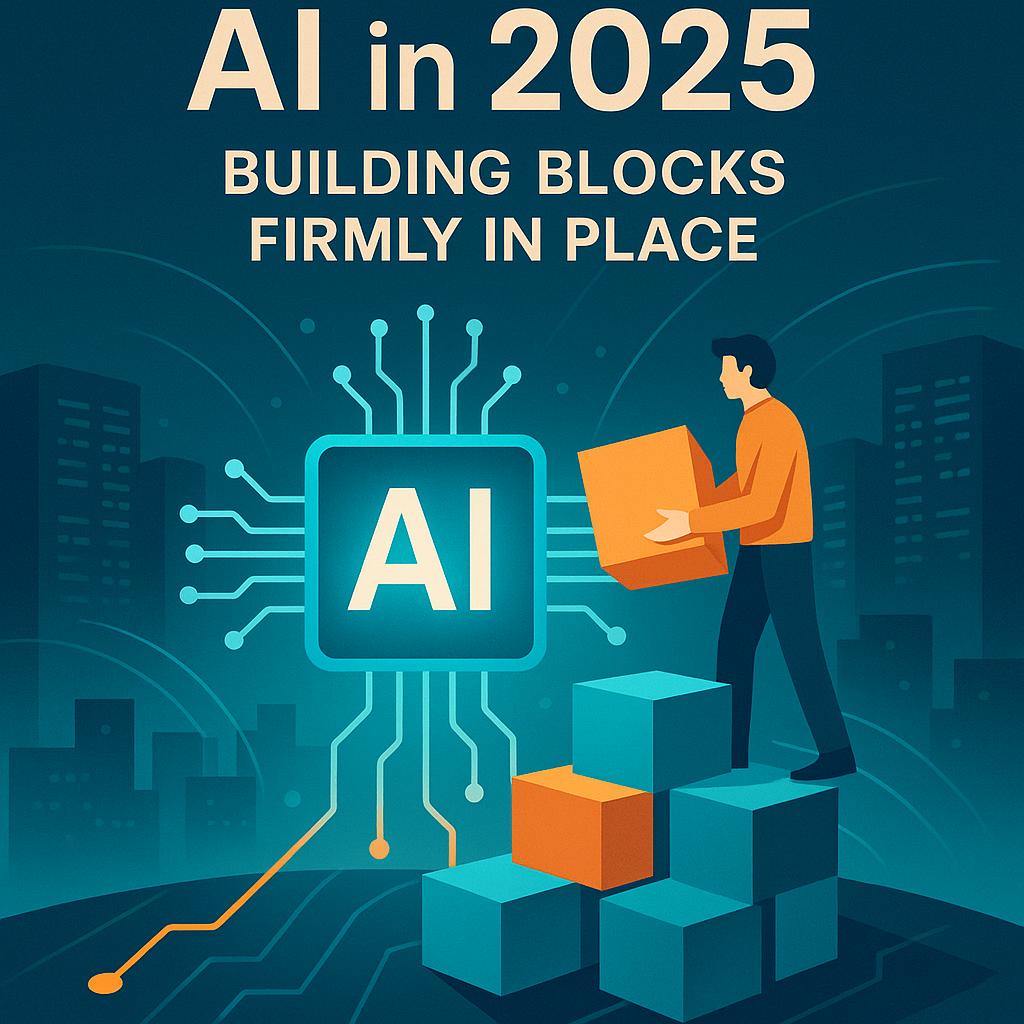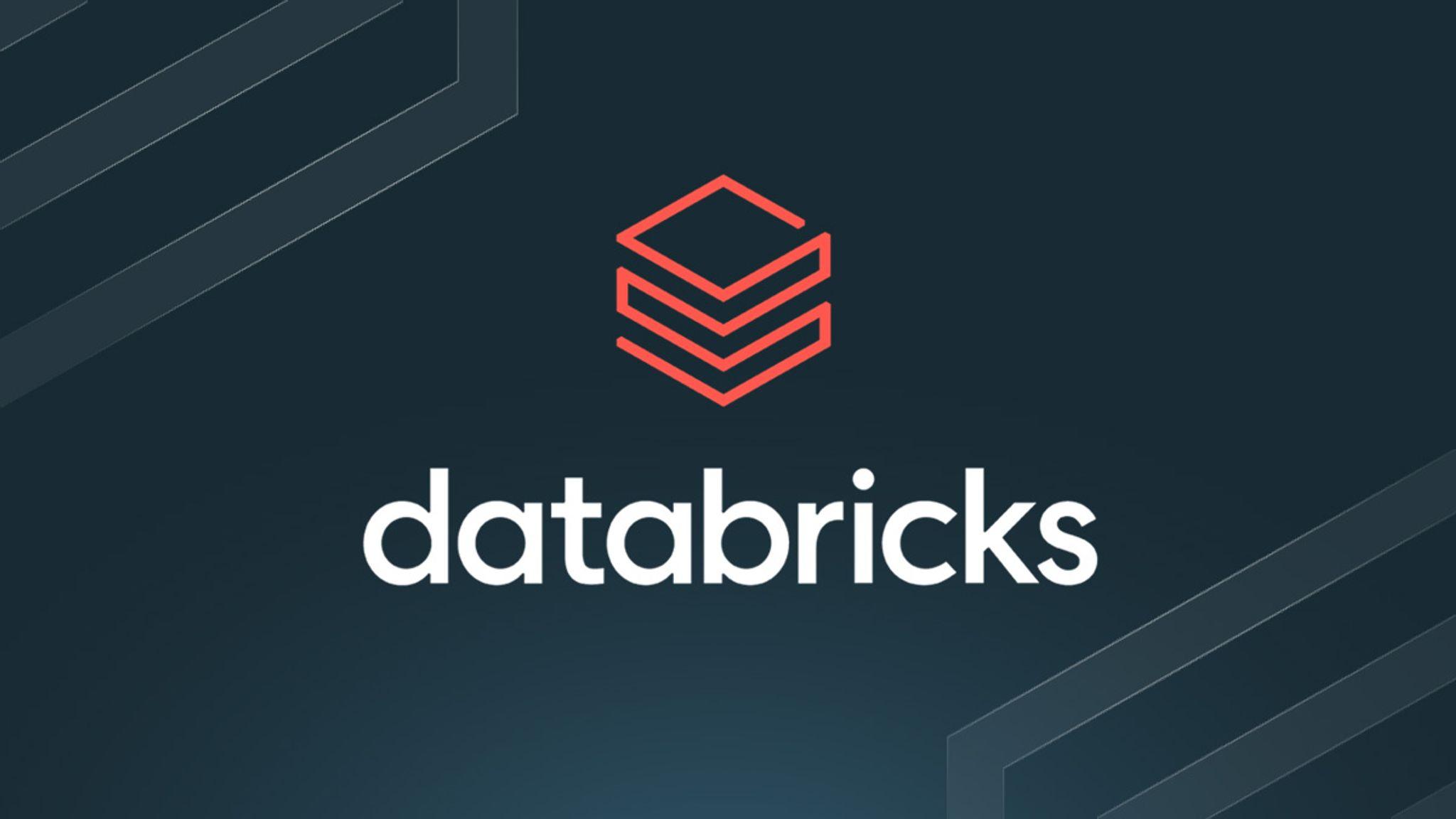
AI in 2025: Building Blocks Firmly in Place
Published December 9, 2024 by David Cahn
The Game-Changing Year for AI
The story of 2025 unfolds as the year the AI ecosystem comes of age, with foundations solidly in place. No longer is AI an ethereal prospect of potential; it's rapidly becoming a real and tangible force, reshaping industries with physical data centers sprouting nationwide from Salem, PA to Round Rock, TX. The year 2024 may have been AI's primordial soup stage, filled with possibility and frantic investment, but 2025 represents a transformative shift toward stabilization and maturity.
Model Showdown: The Finalists Emerge
The race to dominate the AI landscape has crystallized around five major contenders: Microsoft/OpenAI, Amazon/Anthropic, Google, Meta, and xAI. Each competitor has carved out a unique niche with distinct strategies and superpowers. The companies that reached a comparable level with GPT-4 did so by leveraging massive data resources, extensive GPU usage, and optimized training architecture, thus leveling the playing field for now.
These tech giants have emerged from the chaotic competition phase, each employing different approaches to create competitive advantages. From Google's vertical integration to OpenAI's brand prestige and Anthropic's talent magnetism, the strategies are as diverse as they are ambitious. ChatGPT's explosive debut was compared to the "Big Bang" of AI, setting off this unprecedented race for supremacy in the artificial intelligence arena.
The Rise of AI Search: The New Frontier
The quest for AI's killer application is well underway, with AI-powered search engines leading the charge. This evolution replaces traditional internet search by harnessing language models that understand and navigate vast stores of knowledge, offering powerful tools for professionals in fields like law and medicine. Unlike the indexing approaches of yesteryear, AI search taps into the semantic web, making it immensely powerful for white-collar professionals.
Imagine a search experience that not only fetches web pages but reads, understands, and interprets the vast seas of knowledge. Lawyers, doctors, and analysts can leverage bespoke engines tailored to their specific needs, replacing monolithic giants with nimble, specialized solutions like Perplexity and Harvey. The future promises specialized AI search engines proliferating across industries, each designed with specific user personas in mind.
While traditional platforms offer generic answers, AI search promises something richer and more contextual. By aligning closely with user intent, these engines deliver tailored responses. Imagine asking an accounting query and receiving concise, bullet-pointed feedback, or diving into medical literature with surgical precision—all thanks to proprietary datasets and thoughtful interface design. This represents a significant leap from static search bars to dynamic, context-aware research tools.
Capital Expenditure Stabilization and Market Dynamics
Big Tech's aggressive capital spending of past years is anticipated to stabilize in 2025. As their hold on the AI revolution strengthens, a shift toward execution becomes pivotal. With significant infrastructure now in place, the impact on compute prices and innovation will be profound, echoing the effects of overbuilt railroads during the Gilded Age.
Companies are no longer in panic mode, having gained firm control over the AI landscape through strategic investments in data centers and equity stakes in AI companies. Microsoft and Google appear to be frontrunners in this stabilization effort, with recent quarterly data signaling a trend toward normalized capital expenditure environments. Amazon and Meta continue ramping up but are expected to reach steady states soon.
As the data center landscape expands, AI compute prices are expected to decline, fostering a fertile environment for startups. These emerging companies, primarily consumers of compute power, will greatly benefit from this overexpansion as it indirectly subsidizes their innovation efforts, much like railroad infrastructure supported economic growth in previous technological revolutions.
The New Rails of the Digital Economy
By the close of 2025, with AI infrastructure firmly established, major questions loom around which innovations will optimize this resource-rich environment, offering genuine value to consumers and industries alike. The culmination of these massive investments will establish the fundamental AI pathways for digital commerce, sparking discussions about which innovations will ride this infrastructure to deliver tangible benefits.
From healthcare to finance, the tailored experiences these platforms promise signal a future where Big Tech not only supports new technologies but actively transforms how entire industries function. As technological titans entrench their control, the stabilization marks a shift from frantic land grabs to steady execution, implying that success depends not just on technological capabilities, but on who controls the tools to wield them effectively.
The rails of the AI-driven economy are being firmly laid down by these technological giants. What innovations will travel these rails remains an open question, but the potential they unlock for transformative change across sectors could prove boundless. The era of AI-guided inquiry and industry transformation is upon us, marking a pivotal moment in technological evolution.







